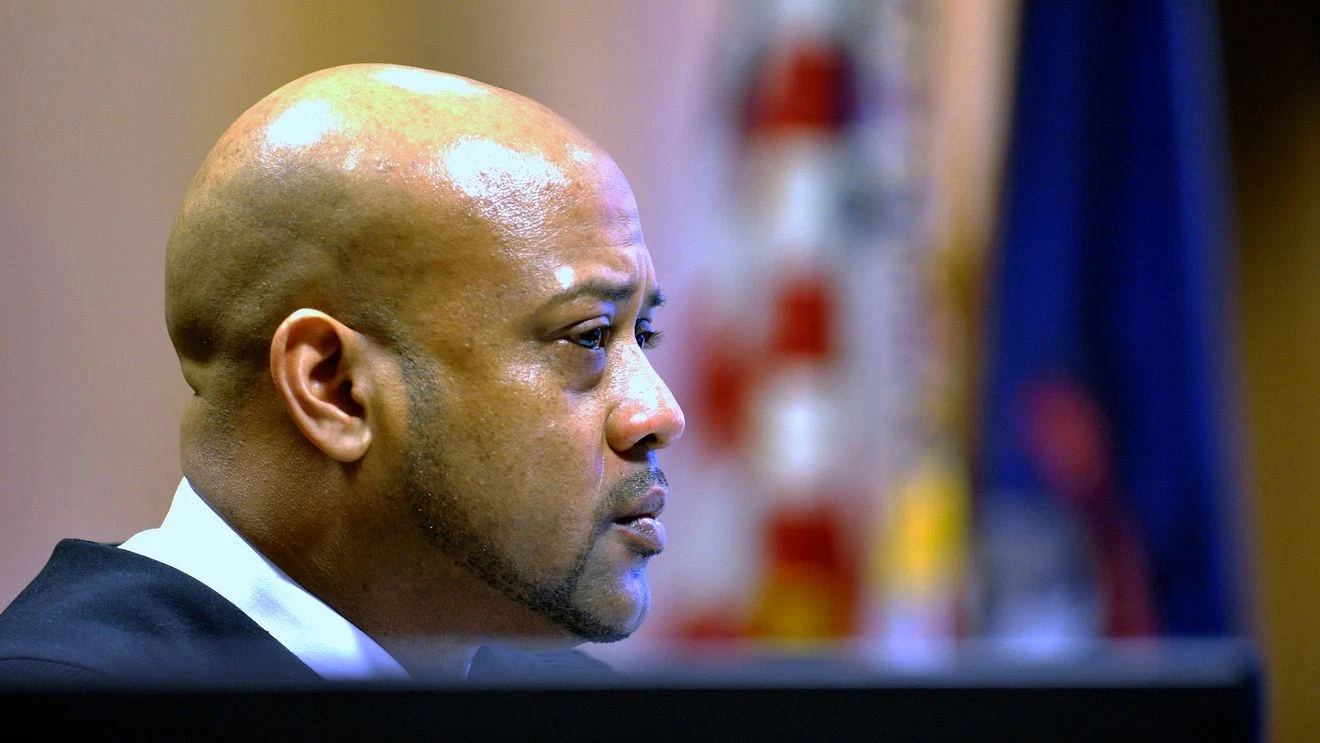A Detroit judge is facing legal action after a mother sued him for detaining and handcuffing her teenage daughter when she fell asleep during a school field trip to his courtroom. According to the lawsuit filed by Latoreya Hill, Judge Kenneth J. King went beyond his judicial authority on August 13, when he ordered her 15-year-old daughter to be placed in handcuffs and a jail uniform after dozing off during the visit. The field trip was organized by the nonprofit Greening of Detroit, and the complaint alleges that King berated the girl publicly, forcing her to endure a humiliating experience.
The lawsuit, filed on Wednesday, accuses King of multiple violations, including malicious prosecution, unlawful arrest, intentional infliction of emotional distress, false imprisonment, and invasion of privacy. The legal filing claims that the judge conducted a mock trial in front of the girl’s classmates, treating her as a spectacle for both the group and viewers on the court’s YouTube live stream.
The incident has sparked outrage, as the girl, who aspires to become a cardiothoracic surgeon, was subjected to public embarrassment both in person and online. Hill’s attorney, Gary Felty from the Michigan-based Fieger Law firm, argues that King’s actions were entirely inappropriate and outside the boundaries of his judicial duties, especially since court was not in session at the time. Felty emphasized that the girl feels “humiliated and upset” by what transpired.
In Michigan, judges generally have immunity when acting within their judicial authority. However, Felty asserts that King’s immunity does not apply in this instance since his behavior occurred outside official court proceedings. King has not yet responded to requests for comment regarding the lawsuit.
The controversy has prompted an internal investigation, leading to King’s temporary suspension from Michigan’s 36th District Court. Chief Judge William McConico, in a statement, indicated that King would receive necessary training, stressing that such conduct does not align with the court’s mission to provide a respectful and fair environment. Additionally, Wayne State University, where King was slated to teach two courses this fall, reassigned his classes due to the ongoing suspension.
The group of teenagers had visited King’s courtroom to learn about the legal system and observe an actual trial. However, the court session they were meant to watch had not yet begun when King noticed the girl dozing off. Reportedly, King first warned her but later escalated the situation by instructing a court officer to arrest her. The girl was subsequently detained, handcuffed, and made to change into a jail uniform, spending hours isolated from the rest of the group.
The complaint details how King turned the incident into a mock trial, allegedly broadcasting it to his online audience while verbally degrading the girl. The court’s sessions are typically streamed on YouTube, but critics argue that King should have disabled the live feed since official court proceedings were not taking place.
Hill declined to comment directly but shared with WXYZ that her daughter was exhausted during the trip due to their unstable living conditions. Hill expressed frustration over the judge’s comments about going home to sleep in a bed, noting that her family does not currently have a permanent home. She described the incident as a cruel public shaming, adding that it worsened their already difficult situation.
Also Read:
- New York’s Legal Landscape: Lawsuits Over Transgender Sports Ban
- Lawsuits Target Restaurants for Alleged Non-Compliance with Nursing Mothers’ Rights
Judge King later defended his actions in an interview with WXYZ, claiming that his response was motivated not just by the girl’s sleeping but by her overall attitude. He stated that his intention was to make the experience feel real for her, even though he never intended to impose a genuine jail sentence. King insists that his tough approach is aimed at helping kids avoid future encounters with the justice system, but the lawsuit contends that he crossed a line, leaving the teenager with lasting emotional harm.




